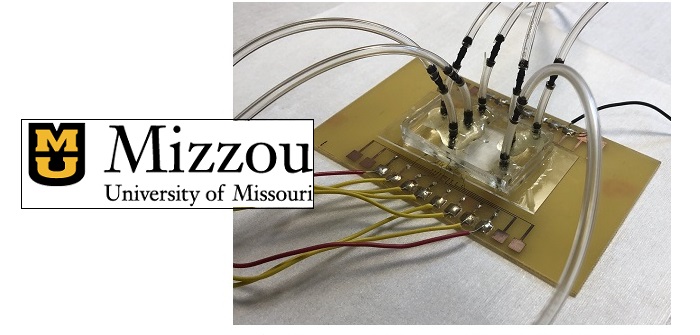US researchers are working on the development of a biosensor they claim will be capable of detecting a small presence of salmonella in food in just a matter of hours.
The new sensor, which is being developed at the University of Missouri (MU), could give retailers and regulators an earlier warning of dangers in food than is currently possible, improving public health and giving consumers peace of mind.
“Current tests used to determine positive cases of salmonella are accurate but may take anywhere from one to five days to produce results,” said Mahmoud Almasri, associate professor of electrical engineering and computer science at the university’s college of engineering. “With this device, we can produce results in just a few hours.”
The research team revealed that the biosensor uses a specific fluid that is mixed with the food to detect the presence of bacteria, such as salmonella, along a food production line in both raw and ready-to-eat food.
“That way, producers can know within a few hours, typically the length of a worker’s shift, if their products are safe to send out for sale to consumers,” they said, adding that they believe the device will enhance a food production plant’s operational efficiency and decrease costs.
The researchers added that the next step will involve testing the biosensor in a commercial setting.
Access full MU report here


